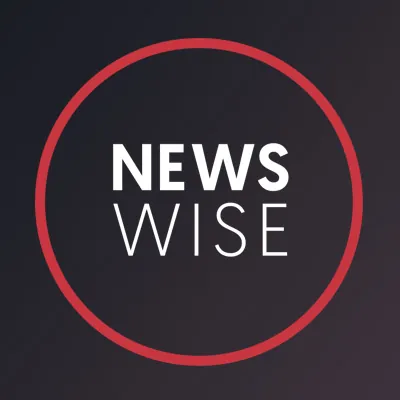
Shocking Findings: Medicare Could Be Shielding Patients from Prescription Drug Steering!
2025-01-10
Author: Rajesh
Introduction
Researchers from Weill Cornell Medicine have uncovered startling insights about pharmacy benefit managers (PBMs)—the companies that negotiate prescription access for millions of Americans. These organizations, known to direct patients towards their own pharmacies, seem to exert less influence over Medicare patients as compared to other demographics. This discrepancy raises questions about possible conflicts of interest inherent in the business models of integrated health care conglomerates that own both pharmacies and insurance companies.
Study Findings
A recently published study in the JAMA Health Forum indicates that in 2021, only a third of all Medicare Part D pharmacy spending, and nearly 40% of specialty drug spending, flowed through pharmacies owned by the four largest PBMs: CVS, UnitedHealth Group, Cigna, and Humana. In stark contrast, a Federal Trade Commission report from 2024 suggested that these firms commanded nearly two-thirds of the national market share—a notable difference that aims to shape future policy regulations.
Significance of Findings
Lead author Dr. Pragya Kakani, an assistant professor at Weill Cornell Medicine's population health sciences department, emphasizes the significance of these findings. "It's striking that these companies possess a notably lower market share in Medicare compared to broader estimates," she pointed out. For high-cost specialty medications, their market share in Medicare is still under 50%, which is considerably less than what is observed across various other payment segments.
Possible Explanations
One possible explanation for this reduced influence in Medicare could be attributed to the Centers for Medicare & Medicaid Services' "any willing pharmacy" rule. This regulation guarantees that patients can access their prescriptions at any pharmacy that meets Medicare Part D’s criteria. Dr. Kakani postulates, “While we haven't explicitly tested this, our study suggests that these rules could be significant in curbing PBM market dominance."
Ongoing Issues
However, even with these protections in Medicare Part D, PBMs are still steering a significant portion of enrollees towards their own pharmacies—evidence of a systemic issue. Dr. Amelia Bond, the study's senior author, stresses that while Medicare patients enjoy some protection, the steering still exists, particularly for high-cost specialty drugs. "Average usage rates of PBM-owned pharmacies among Medicare patients are nearly 20% higher than would occur without steering,” noted Dr. Bond.
Case Study
Take, for example, conditions like pulmonary arterial hypertension, idiopathic pulmonary fibrosis, and multiple sclerosis, where PBM-owned pharmacies seize over 60% market share within Medicare. This variance in pharmacy usage highlights the need for policymakers to focus on monitoring drug classes that show increased utilization of PBM-owned pharmacies.
Broader Implications
The implications of PBM market power extend beyond profits—they directly affect prescription costs, the accessibility of independent pharmacies, and the overall patient experience. As a result, some state governments are contemplating the expansion of protections similar to "any willing pharmacy" to safeguard patients in commercial markets.
Conclusion
In conclusion, while the study unveils a flicker of hope for Medicare patients against potential prescription steering, the issue underscores a much larger predicament. Are patients truly getting the best care, or are corporate interests hindering their access to the medications they need? Expect to hear more about this evolving story!




 Brasil (PT)
Brasil (PT)
 Canada (EN)
Canada (EN)
 Chile (ES)
Chile (ES)
 Česko (CS)
Česko (CS)
 대한민국 (KO)
대한민국 (KO)
 España (ES)
España (ES)
 France (FR)
France (FR)
 Hong Kong (EN)
Hong Kong (EN)
 Italia (IT)
Italia (IT)
 日本 (JA)
日本 (JA)
 Magyarország (HU)
Magyarország (HU)
 Norge (NO)
Norge (NO)
 Polska (PL)
Polska (PL)
 Schweiz (DE)
Schweiz (DE)
 Singapore (EN)
Singapore (EN)
 Sverige (SV)
Sverige (SV)
 Suomi (FI)
Suomi (FI)
 Türkiye (TR)
Türkiye (TR)
 الإمارات العربية المتحدة (AR)
الإمارات العربية المتحدة (AR)